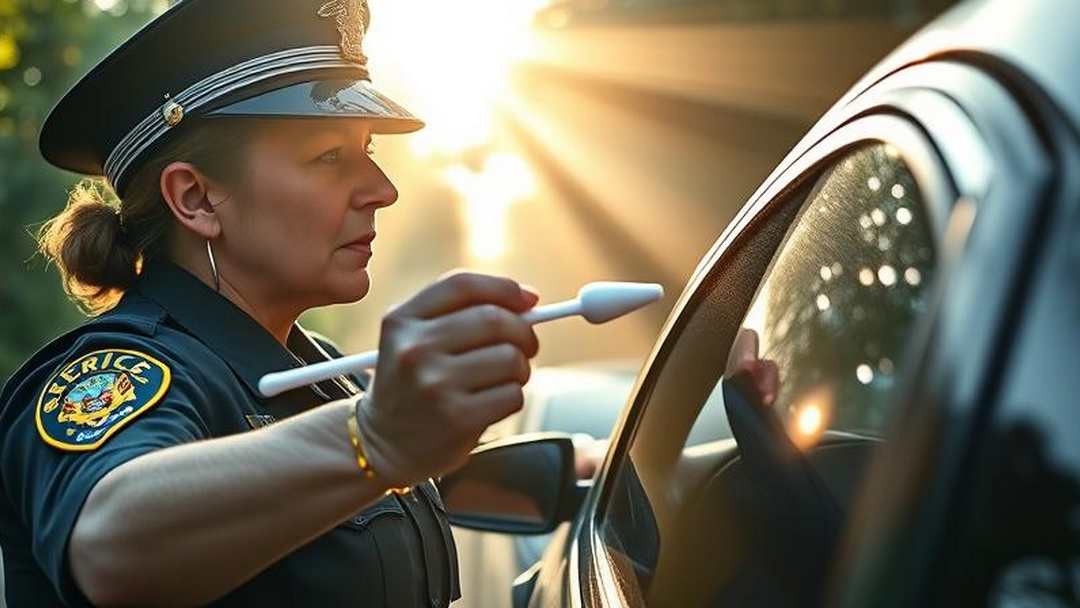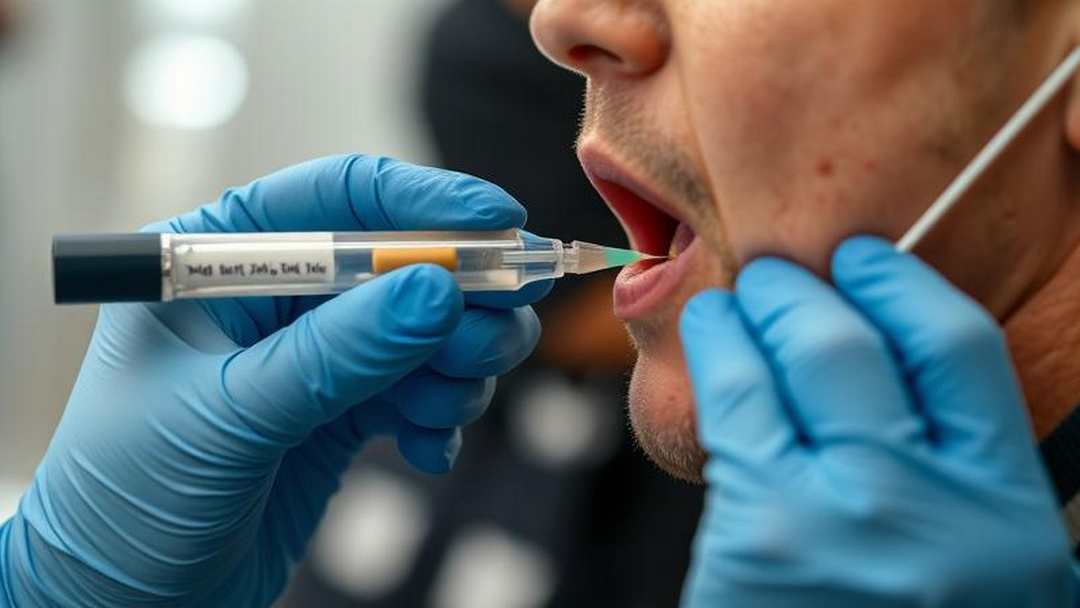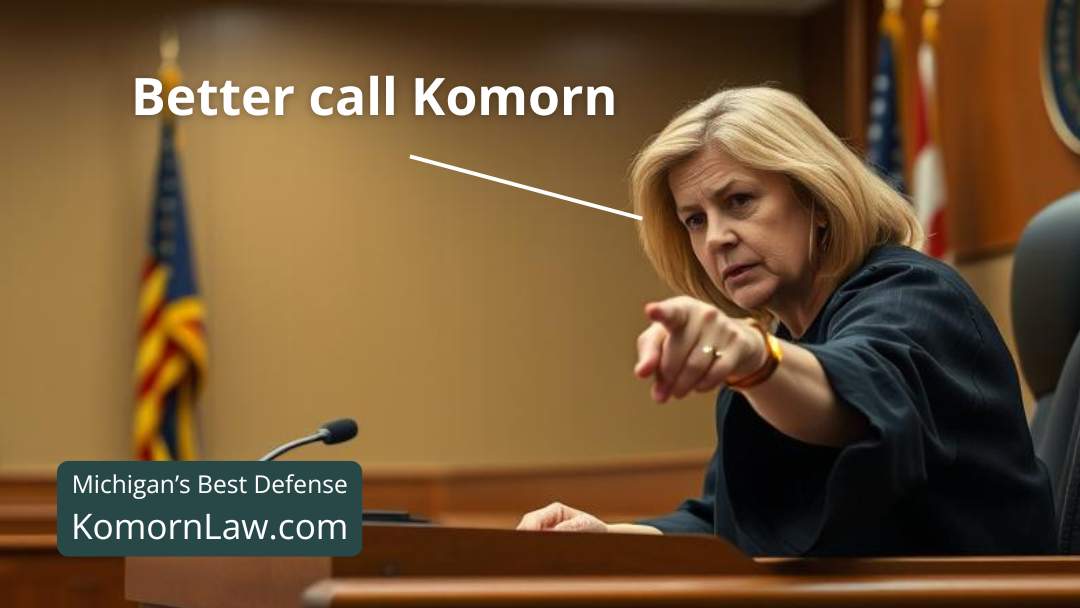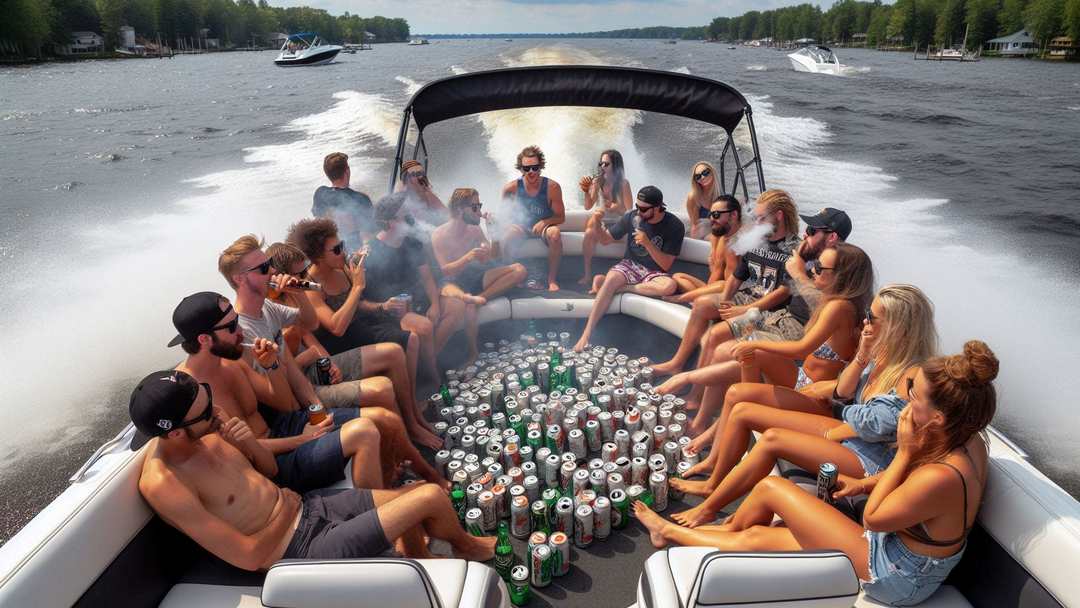The Roadside Drug Test...AgainHouse bills 4390 and 4391The proposed House bills 4390 and 4391 would enable law enforcement to administer tests aimed at assessing driver impairment; however, these testing devices do not provide information regarding the level of...

Michigan DUI Laws and Consequences – Second Offense
Michigan DUI Laws and Consequences – Second Offense
Operating Under the Influence (OUI) is a serious offense in Michigan. If someone is caught driving under the influence of alcohol or drugs, they can face severe penalties. When it comes to a second offense, the consequences are even more severe.
Understanding OUI
OUI, often called DUI (Driving Under the Influence) in other states, means that a person is driving a vehicle with a blood alcohol content (BAC) of 0.08% or higher. It can also mean that the driver is under the influence of drugs or any other substances that impair their ability to drive safely.
Second Offense: What It Means
A second offense OUI in Michigan occurs if someone is caught driving under the influence within seven years of their first offense. The state takes this very seriously because it shows a pattern of dangerous behavior.
Legal Consequences
If someone is convicted of a second OUI offense in Michigan, they face the following consequences:
- Fines and Costs: The fines for a second OUI can range from $200 to $1,000. Additionally, the court may order the person to pay other costs related to their arrest, court proceedings, and probation.
- Jail Time: A second OUI offense carries a mandatory jail sentence of 5 days to 1 year. This time could be extended depending on the circumstances of the arrest, such as if there was a child in the car or if the driver caused an accident.
- Community Service: In addition to jail time, the court may require the person to complete 30 to 90 days of community service.
- License Suspension: For a second OUI, the driver’s license will be suspended for at least one year. After the suspension, the driver may have to install an ignition interlock device (IID) in their car, which requires them to pass a breath test before the car will start.
- Probation: The individual will likely be placed on probation for up to two years, during which they must follow strict guidelines, such as attending alcohol or drug education programs and regular testing for substance use.
- Vehicle Immobilization: The court can order the offender’s vehicle to be immobilized or even forfeited for up to 90 days.
Long-Term Consequences
A second OUI conviction can have long-term impacts on a person’s life. It can make it difficult to find or keep a job, especially if the job requires driving. Insurance rates will likely skyrocket, and it can take years for them to decrease. Additionally, having a criminal record can affect personal relationships and limit opportunities in the future.
Legal Resources
For detailed information on Michigan’s DUI laws, you can refer to the Michigan Compiled Laws (MCL) directly. Here are some pertinent links:
- Michigan Vehicle Code – Chapter 257, Section 625 – This section outlines the laws pertaining to operating while intoxicated.
- Michigan Vehicle Code – Chapter 257, Section 626 – Covers the penalties and sanctions for driving under the influence.
Legal Help
If you’re facing charges for a 1st offense DUI in Michigan, it’s essential to seek legal counsel immediately. A trained and experienced DUI attorney can provide guidance potentially helping to mitigate penalties or even challenge the charges.
Legal defense Attorney Michael Komorn is trained and certified in Field Sobriety Tests (FST), Horizontal Gaze Nystagmus and the infamous breathalyzer and has been representing clients charged with DUI and alleged crimes since 1993. Call Komorn Law 248-357-2550 when you’re ready to challenge DUI or any alleged criminal charges.
Simply put: Your going to need a lawyer to sort out all the blah blah blah the government comes up with and throws against the wall to see what sticks.
Recent

Criminal Law FAQs – Theft Crimes
Michigan Criminal Laws FAQs Theft CrimesAccording to Michigan State Law (Michigan Compiled Laws - MCL), Theft Crimes generally involve the unlawful taking of someone else's property with the intent to deprive them of it, either permanently or for a significant period....
Other Articles
Domestic Violence Conviction Prohibits Gun Ownership
No Second Amendment Rights For YouIf you are charged with a crime you're part of the State of Michigan family now. Call us - Because you don't want to be a part of that family. Komorn Law (248) 357-2550A federal judge in Michigan has ruled that a man with a prior...
Update on Michigan’s Sick Time Act (Small Business Compliance)
Small Business Compliance Accrual Method: Employees accrue 1 hour of paid sick time forevery 30 hours worked, and unused paid sick time rolls over upto 72 hours, or 40 for a small business. Employers may limit theuse of earned sick time to 72 hours, or 40 for a small...
What Are Your Rights Before And After Arrest?
What are your rights before and after arrest?Generally, police require a search warrant to lawfully enter any private premises or to search electronic devices such as your phone or computer. If the police do not possess a search warrant, you are under no obligation to...
Drones – What Drones? Update
Drone story update January 28, 2025 NJ drones 'were authorized to be flown by FAA for research,' Donald Trump says The mysterious drones that captivated New Jersey late last year were not enemy craft, but instead were authorized by the FAA, President Donald Trump said...
















